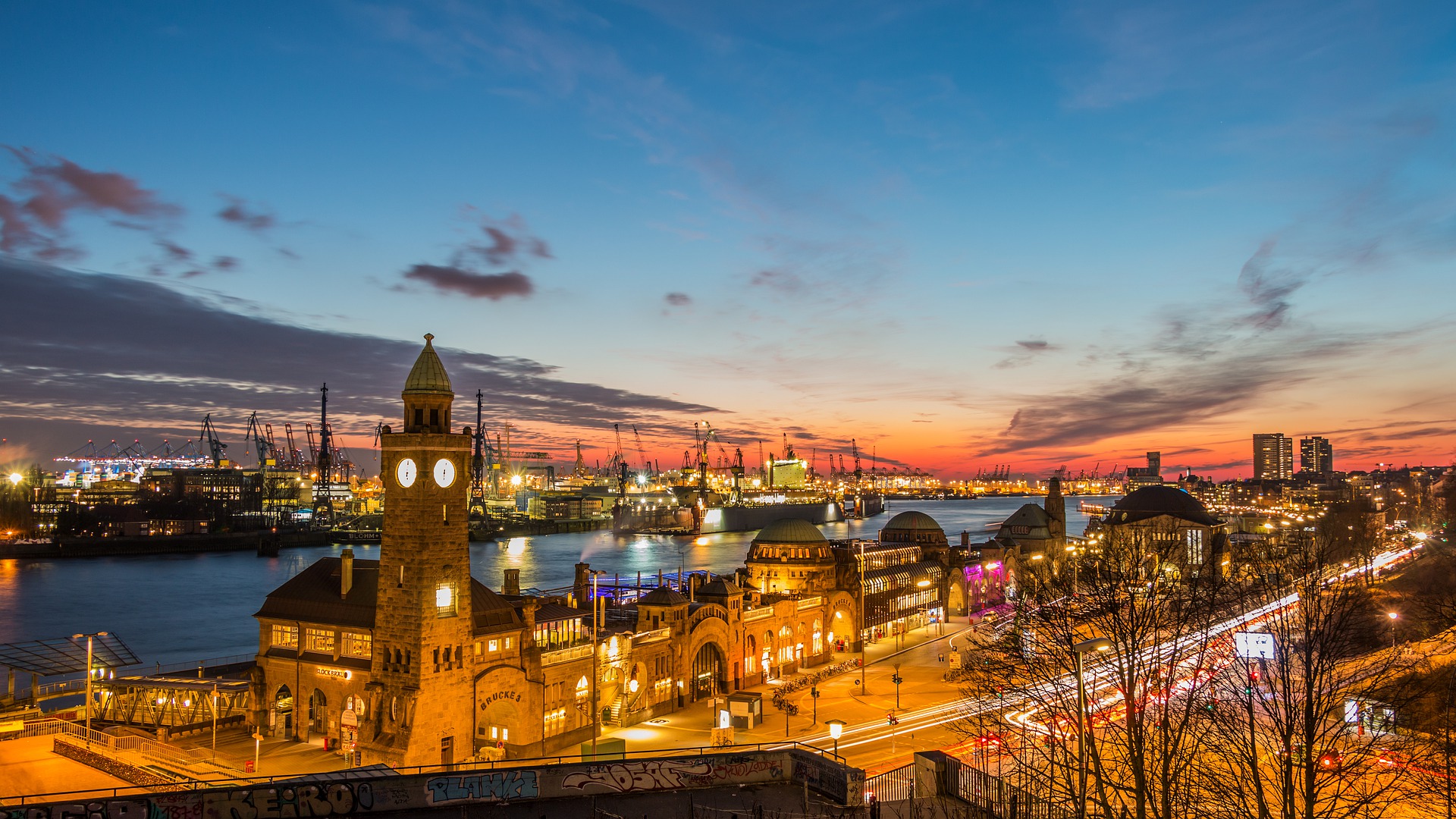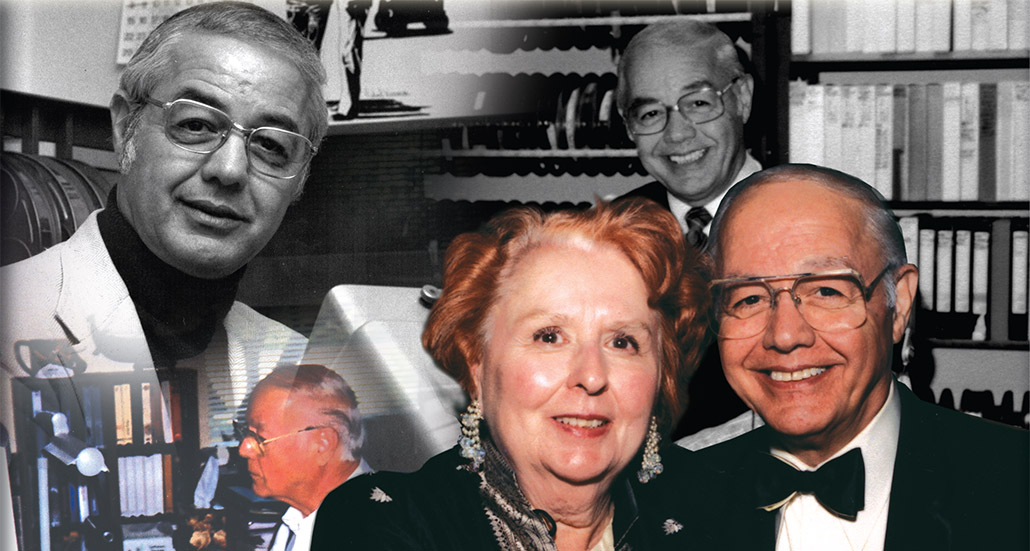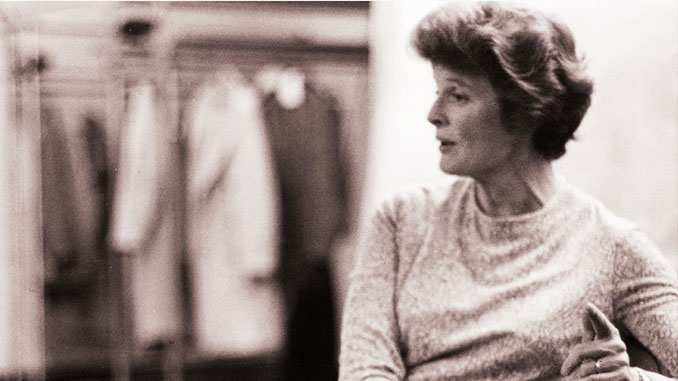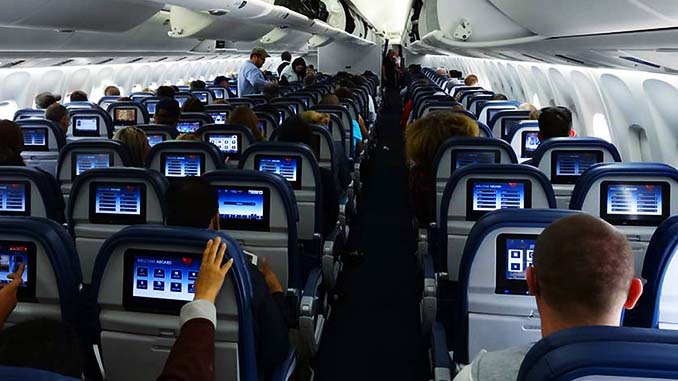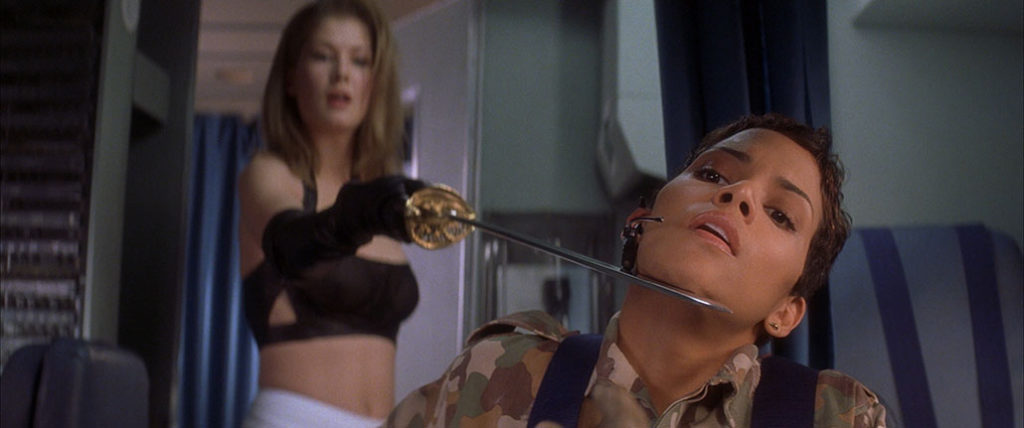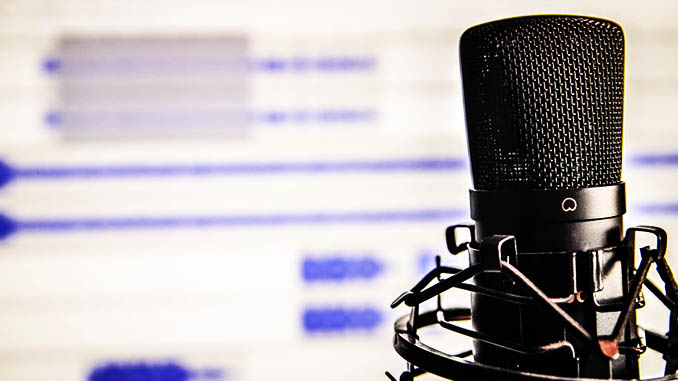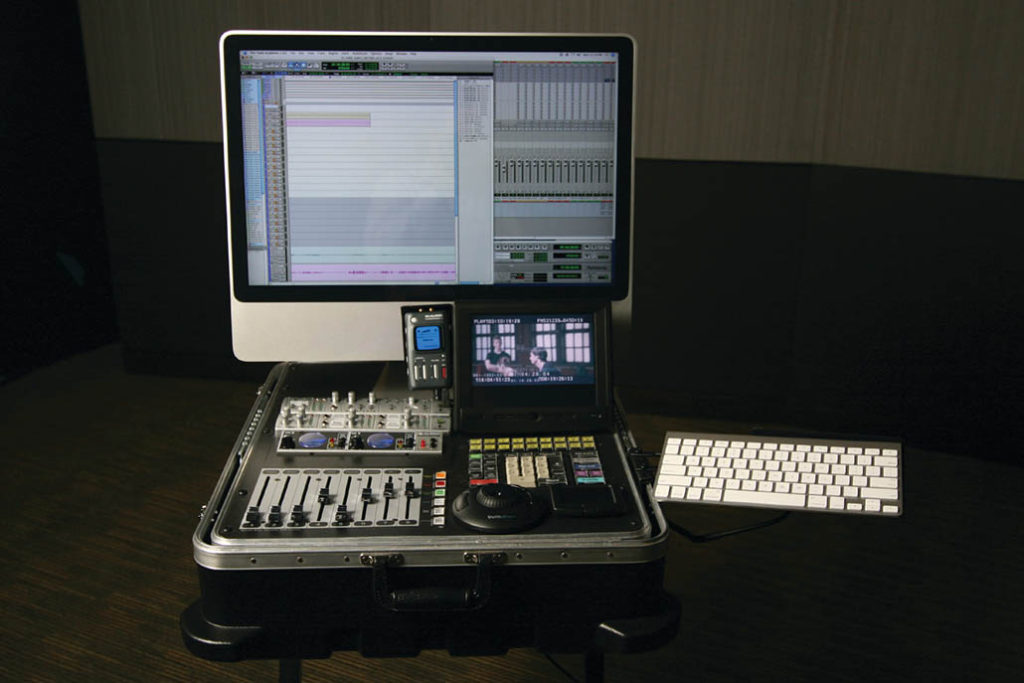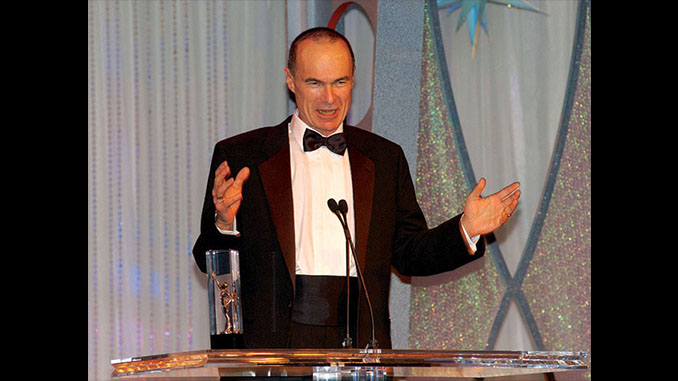By Michael Kunkes
Shooting overseas is one of the most exciting experiences an American filmmaker can have. Often the needs of a particular show will, for whatever reasons, require that editorial be close to the production. We spoke to several world-class cutters who provide some specific tips on how to make the experience of editing abroad as headache-free as possible.
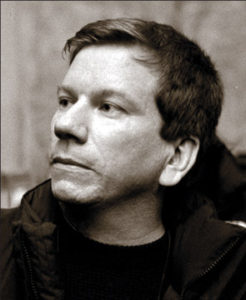
Bob Ducsay. Photo by Frank Masi/Universal Studios
Bob Ducsay, who has cut American films in the UK, Czech Republic and Vancouver, advocates extensive research. “Many times, the way that things are presented to you is not really the way things are. When we were cutting Van Helsing in Prague, I was extremely concerned about choosing the lab at Barrandov Studios. I discovered that while the lab and telecine operations were archaic beyond our wildest dreams, the actual work and the customer service were first-rate. I don’t think I’ve ever used a better lab, anywhere. But that’s ’czechnology’ for you, as my local Czech assistants call it.”
Preparation is everything, Ducsay adds. “Don’t start trying to solve problems a week before you leave. Do advance work with the production office in the host country. If you can, do a previsit and get to know the infrastructure of the city and the exotic nature of the location.”
Paris-based editor Sylvie Landra, who cut her first big studio American feature Catwoman, in the U.S. and Canada, has this simple tip for American cutters. “Bring an NTSC Blackburst to provide the proper video reference for your Avid. As far as monitors go, it’s much easier to find an NTSC monitor in Europe than it is to find a PAL monitor in the U.S.”
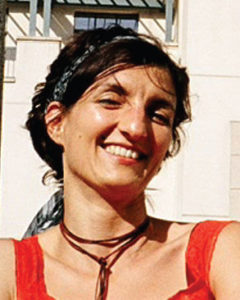
Sylvie Landra. Photo by Jean-Phillipe Defaut
Ivan Ladizinsky, a feature veteran who has cut shows in Ireland and Canada, worked on the first two Survivors in Africa and the Australian outback. The production sent a crew of 30 editors and assistants, including TV and feature editors Jerry Frizell, Jonathan Braun and Mitch Danton among the over 300 production personnel. “Beyond the basics that post provided, everyone on the editorial crew was still responsible for doing their homework,” Ladizinsky says. “So, if you’re going to be in the middle of nowhere, bring all of your temp music and effects, so you can give the producers a sense of the show as it would air. Also, you have to be ready for any kind of weather. Wear the right clothes, figure out sleeping conditions, get your shots for everything and don’t forget the expresso machine.”
“Survivor” co-producer Chris Campbell adds, “The most critical position for us on location is our tech. In addition to trouble shooting drive errors and Avid problems, a great tech has to be able to fix anything. We don’t go over there expecting to find or utilize other departments’ equipment, so I go through a laundry list of everything I could possibly imagine needing. And if there’s a piece of equipment that could go out on you, bring a backup.”
“You don’t want to be shipping boatloads of stuff you don’t need, but you do need to shop,” Ducsay adds. “If you go to the UK, bring trim boxes; they are in every cutting room in the U.S. but don’t exist in the UK. That’s just one tiny example of the sort of problems you could run into without research. You need to know that you can send stuff over, get it somewhere else, or get someone to manufacture it.”
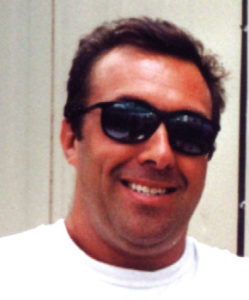
Ivan Ladizinsky.
Power concerns are always an issue. “When it comes to power, bring everything you need,” says Brian Berdan, who just cut the upcoming Cave in Bucharest for Lakeshore Entertainment and Screen Gems. “Lots of electronics will automatically switch between 220 and 110, but you have to make sure everything you have will do that, otherwise you will need more transformers. Avoid having some things running on 220 and others on 110. Bring plenty of plug adapters. No matter how many I bring, I always feel like I need one more.”
Duncan Napier-Bell is CEO of Trans Atlantic Post, a London and L.A.-based company that provides complete supply and support for editors in Europe and elsewhere. “The only thing U.S. producers want to make sure they bring enough of is step-down transformers.
My feeling is that you can find anything else you need in Europe. Smaller coun- tries may need to use the UK as a hub for more specific services.”
“The most significant thing to plan on bringing is your Avid,” says Ducsay. “The shipping is expensive, but there is no good way around it. I want to know that I am using the same equipment all the way thorough a show. I have always found someone who can deal with hardware problems, but I always bring my own Avid, no matter what.”
“On Cave, I used Avid Express Pro,” Berdan says. “We purchased the setup with a G5 and mojo box on a Wednesday, ran it for just 24 hours, and shipped it the next day, so we didn’t have a lot of test time. We also wanted to do HD dailies, and the lab in Bucharest didn’t have a HD setup, so LaserPacific sent out equipment that got held up at customs. We also had to pay a huge tariff to bring in a DVD recorder. The lesson here is to ship your equipment early, and leave enough time to test it on location.”
“Never be dissuaded from doing things you want to do technologically because you are in a foreign country,” Ducsay says. “On Van Helsing, we recorded dialogue on DVD audio, but the Czech studio had no DVD players in place on the stage to sync up to the projectors. So we brought in a couple, and their tech people put all the effort in the world into getting them up and running. You can’t do that everywhere, but you shouldn’t be afraid to try and make it happen.”
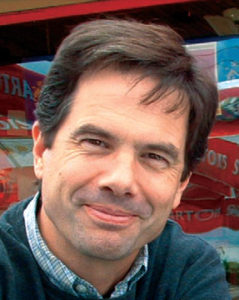
Brian Berdan. Photo by David Reale
Berdan advocates that editors either set up a local bank account until the close of shooting, or get your U.S. bank’s SWIFT number for reliable international money transfers. He also recommends the purchase of I-Chat firewire cameras for communication with producers and loved ones at home. “It can save hundreds of dollars in phone calls from hotels, which charge $5 or more per minute.”
“Always think in terms of the host country and understand the impact your visit has on the people you will be living and working among,” Landra adds.
“I bring my first assistant with me everywhere,” said Landra. “Everyone else I hire is local, because I think it is unfair not to employ people from your host country. They have the key to the city that strangers don’t have, and an American assistant won’t necessarily have the connections you need to make your life easier.”
“Buy a guidebook and learn some basic expressions,” says Berdan. “People in a host country really appreciate it when you try and learn their language. Go online and check on political turmoil and disease. Also, when you are in a cutting room six days a week, you don’t feel a part of the world. Don’t use that seventh day to sleep – go out and tour, make friends with the people you work with. It really enriches your time to get a little more involved.”
Most editors emphasize the need to roll with the punches. “When you are playing by someone else’s rules, you have to respect those rules,” says Ducsay.
“People in other countries view working hours differently, so know that things are going to take a little longer. You may not find a vendor who will get something done overnight. If you do, it won’t be because of money; it will be as a favor. The last thing you want to be doing today is running around playing the ugly American.”


